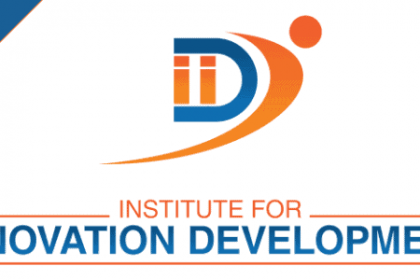In today’s competitive job market, landing your dream job requires more than just a polished résumé and a degree. Employers are seeking well-rounded candidates who possess a blend of technical expertise and soft skills that enable them to thrive in dynamic workplaces. Whether you’re a recent graduate, a career changer, or someone re-entering the workforce, understanding and developing these essential skills can set you apart from the crowd.
The path to employment is not always straightforward; it demands adaptability, continuous learning, and a proactive mindset. In a rapidly changing global economy, staying relevant means embracing lifelong learning and being open to acquiring new skills. From communication and teamwork to problem-solving and digital proficiency, mastering these abilities is critical in navigating the challenges of the modern workplace.
Key Skills for Career Success
- Communication
Effective communication is a cornerstone of professional success. This encompasses not only speaking and writing clearly but also active listening and understanding non-verbal cues. Strong communication skills enable you to articulate ideas, collaborate with colleagues, and build meaningful professional relationships. Employers value individuals who can adapt their communication style to suit different audiences and contexts, such as clients, team members, or executives. - Teamwork and Collaboration
The ability to work cohesively within a team is essential in nearly every industry. Employers prioritize candidates who can contribute to group efforts, respect diverse perspectives, and navigate conflicts constructively. Collaboration across cross-functional or multicultural teams is especially valuable in today’s interconnected world. - Problem-Solving and Critical Thinking
Problem-solving skills demonstrate your ability to analyze situations, identify challenges, and implement effective solutions. Employers look for candidates who can think critically, make informed decisions, and tackle complex issues creatively. This skill is particularly crucial in fast-paced environments where adaptability is key. - Digital Proficiency
In an increasingly digital world, proficiency in relevant technologies and tools is non-negotiable. Depending on your industry, this could range from basic software knowledge to advanced technical expertise. Staying updated on emerging trends, such as artificial intelligence, data analysis, or digital marketing, can give you a competitive edge. - Emotional Intelligence (EI)
Emotional intelligence—the ability to recognize, understand, and manage your emotions and those of others—plays a significant role in workplace success. High EI can improve teamwork, leadership, and interpersonal relationships, making you a valuable asset to any organization. - Time Management
In today’s fast-paced work environments, managing your time efficiently is critical. Employers value professionals who can prioritize tasks, meet deadlines, and maintain productivity without compromising quality. Effective time management also demonstrates self-discipline and organizational skills.
Self-Awareness and Career Alignment
Beyond technical and soft skills, self-awareness is crucial in shaping your career path. Knowing your strengths and weaknesses allows you to focus on areas for improvement and leverage your unique talents. Employers are increasingly looking for candidates who align their skills with organizational goals and culture.
To stand out, it’s essential to research market trends and understand what skills are in demand within your target industry. This alignment not only makes you more marketable but also ensures that you are pursuing roles where you can excel and feel fulfilled.
Actionable Steps for Skill Development
- Invest in Continuous Learning
Enroll in online courses, attend workshops, or obtain certifications to enhance your skills. Platforms like Coursera, LinkedIn Learning, and Udemy offer flexible learning opportunities tailored to various industries. - Seek Feedback
Constructive feedback from peers, mentors, or supervisors can help you identify areas for improvement and track your progress. - Network Strategically
Building a professional network can expose you to new opportunities and provide insights into industry expectations. Attend industry events, join professional groups, or engage on platforms like LinkedIn to expand your connections. - Practice and Reflect
Regularly practice your skills in real-world settings and take time to reflect on your performance. This can help you refine your approach and build confidence.
The Road Ahead
Building a successful career is an ongoing process that requires a commitment to growth and adaptability. By focusing on essential skills like communication, teamwork, problem-solving, and self-awareness, you can position yourself as a well-rounded candidate in any industry. Remember, your journey is unique, and embracing both challenges and opportunities with a proactive mindset will pave the way to lasting career success.








